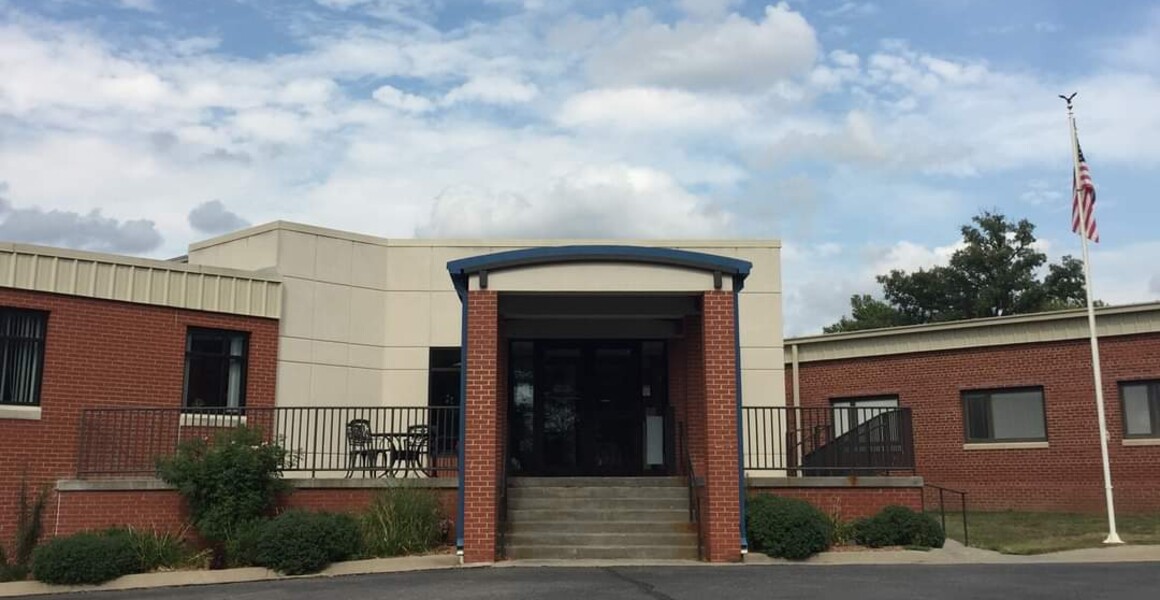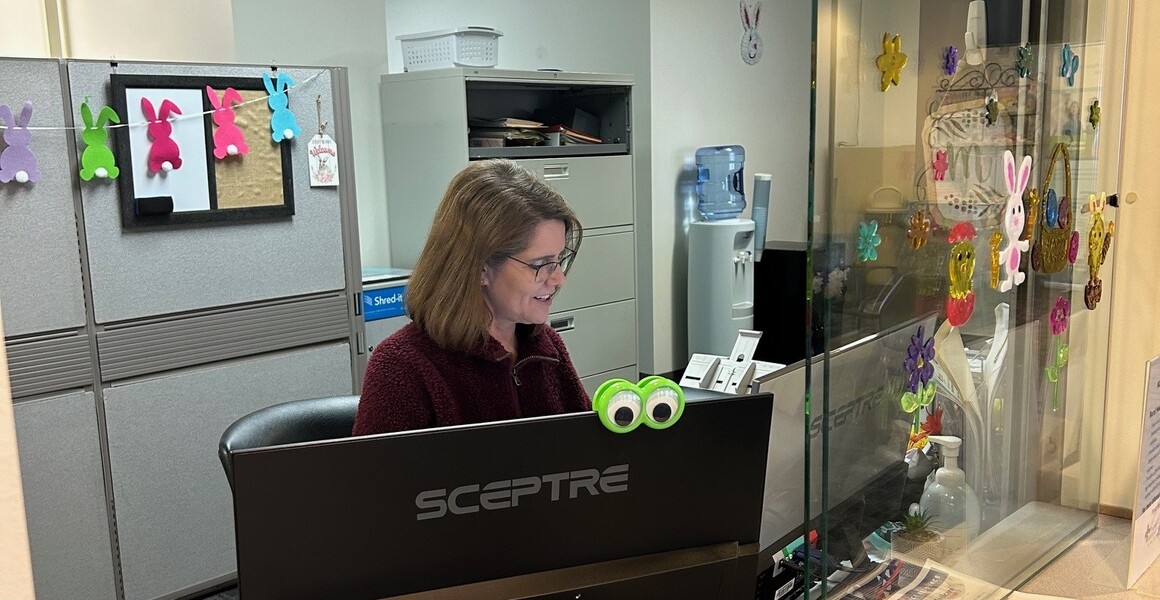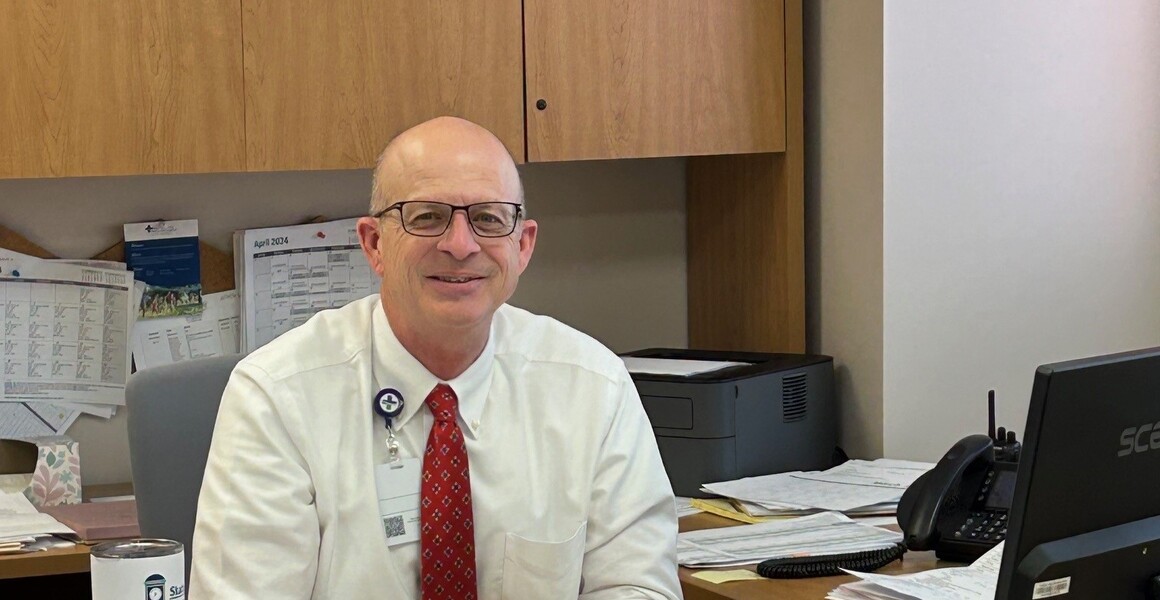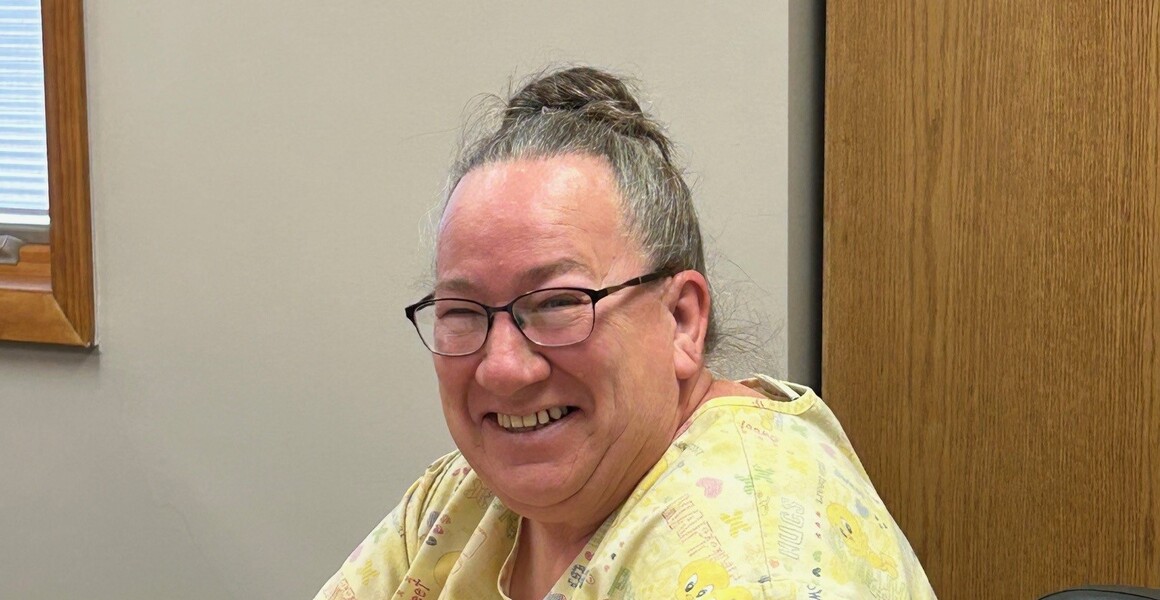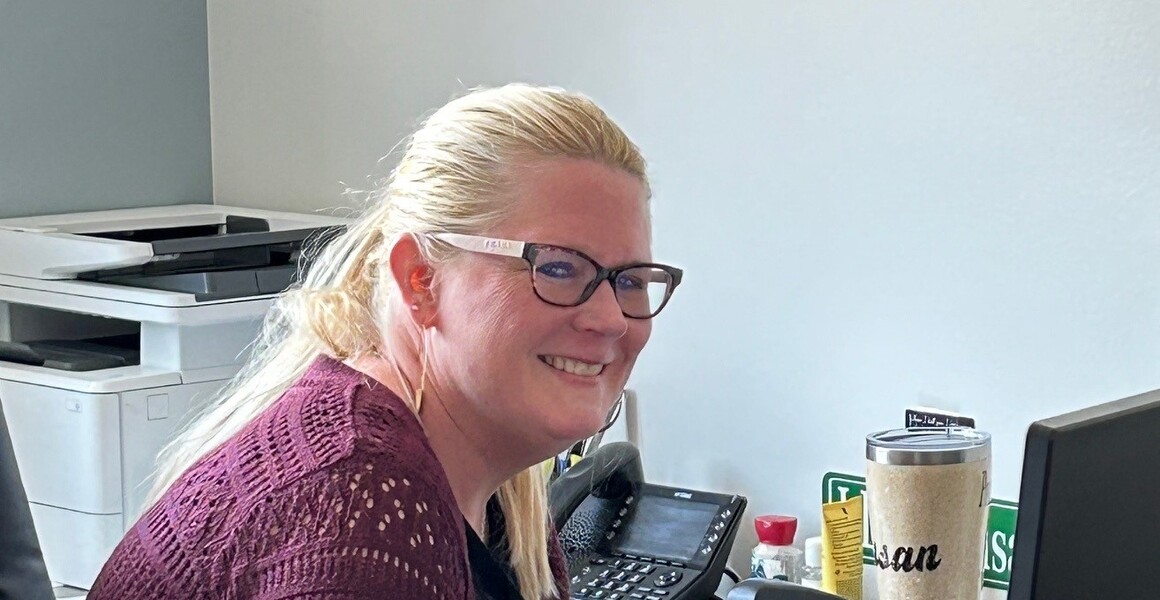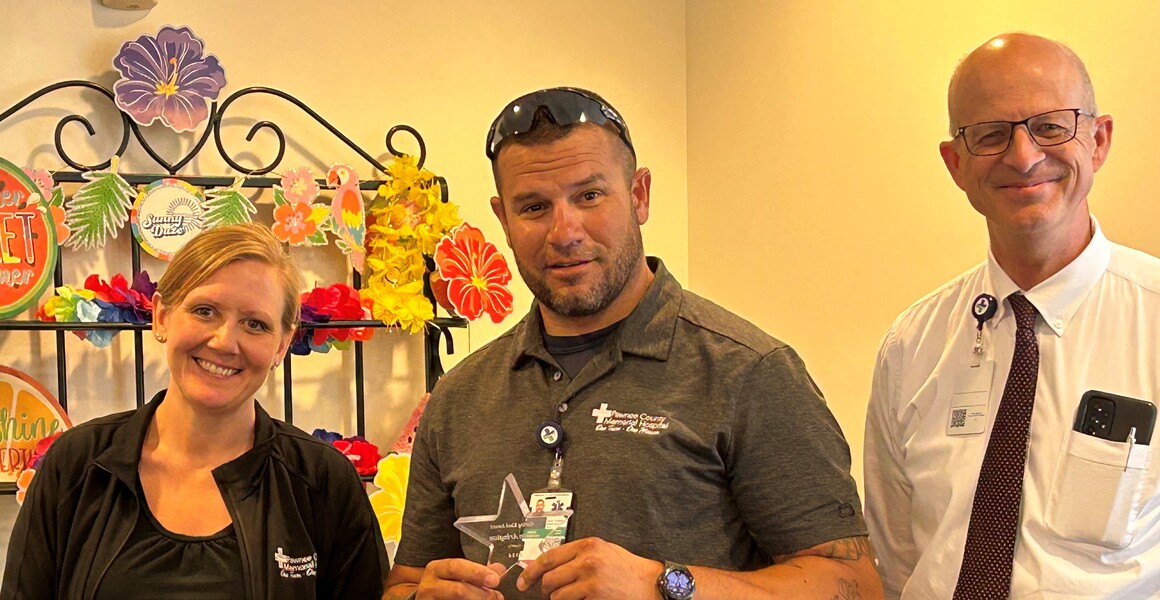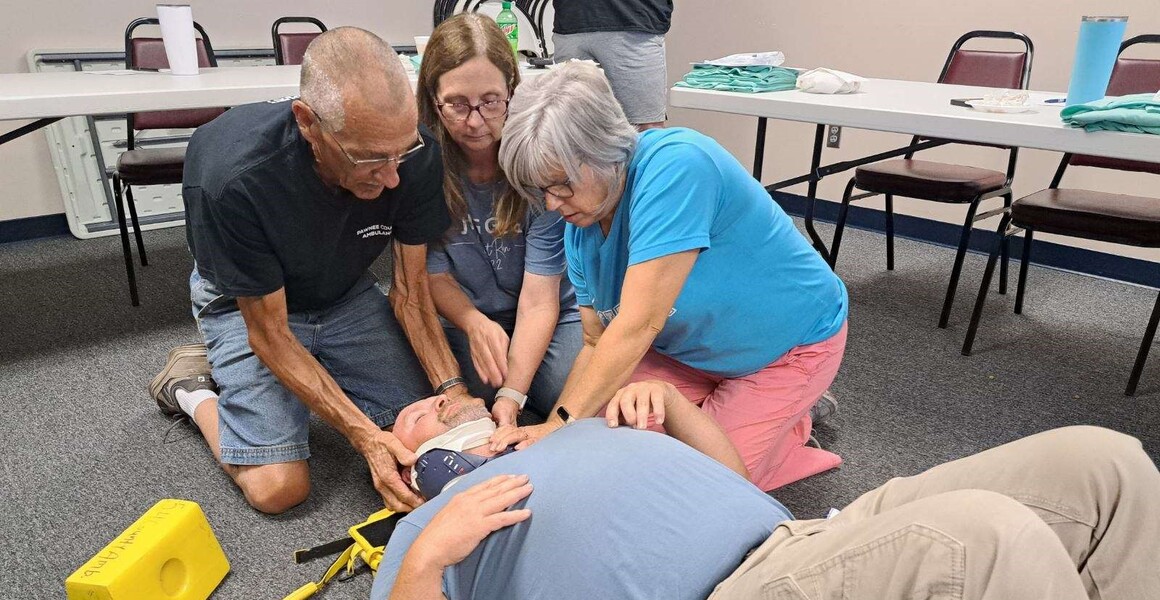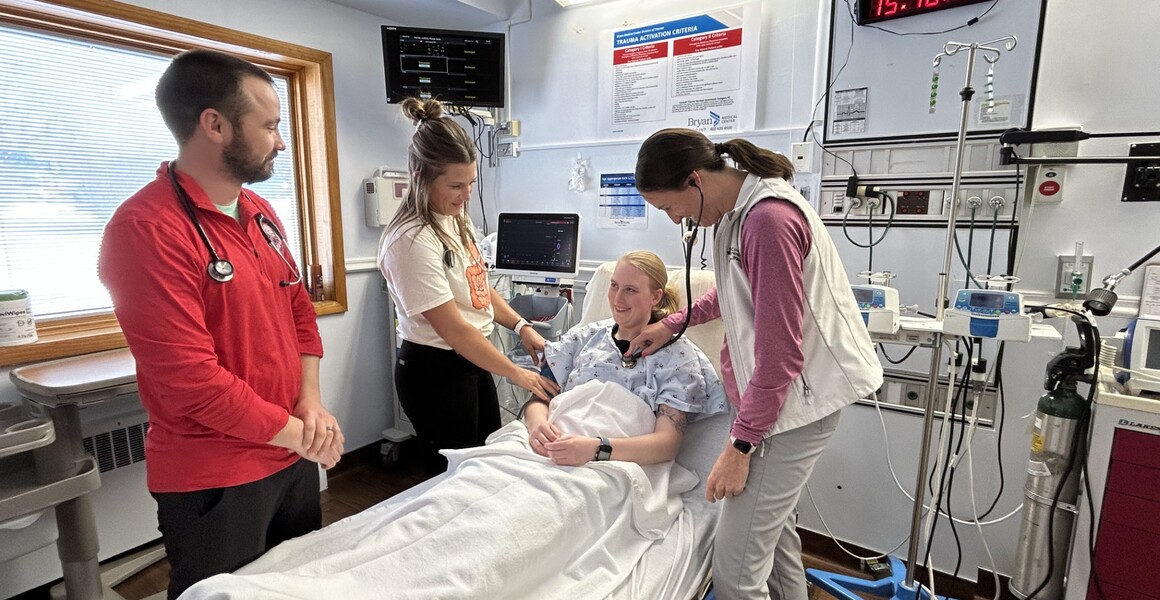COVID 19 – Reflections, Moving to the Next Wave
By Kelly Findlay, Chief Nursing Officer
As we head into what appears to be the nation’s next wave of COVID 19 infection I turn and reflect on what healthcare has been through and where we expect it to go. Since the beginning a lot of things have changed. Some for the better and some for the worse. Things that have been better: Influenza cases were at an all-time low most likely related to increase in people getting the influenza vaccination, social distancing, and compliance with masks and hygiene measures. Access to funds have allowed Pawnee County Memorial Hospital to expand our equipment to better care for patients, protect ourselves, and keep a more cleanly environment. Some of those things came in the shape of High Flow Oxygen delivery systems and a ventilator to stabilize patients with severe respiratory complications. A UV light disinfecting tower to kill and disinfect rooms and surfaces in between patients to reduce the risk of spreading infection. Powered air-purifying respirators (PAPR) to ensure that healthcare providers can reduce their risk of becoming infected while managing bedside care to individuals with active COVID 19 infection. New flooring that allows for better cleanliness to reduce infection risks to staff and patients. And most importantly Vaccines. Vaccinations have been proven to be effective at decreasing one’s risk for severe infection resulting in hospitalization and/or death. This is an important advancement in the fight against this pandemic to ensure that the healthcare system does not continue to get overburdened with COVID 19 infections.
Things that are now worse: Healthcare providers, caregivers, and support staff have taken a traumatic blow throughout the duration of the pandemic. The high demands, hard work, and exhausting expectations have driven a high number of these professionals out of the field. My fear is that the system is burdened, exhausted, and quite honestly may not survive another round of hard hit COVID 19 infections. Locally we only have so many resources available. Yes, we have added equipment to help in the fight, but that equipment is only as good as the resources we have available. Stressing things such as staff work hours and expectations, oxygen supplies, hospitals at a higher level of care, and EMS/patient transport systems are all things that can only be stressed so far before patient care is compromised. In all transparency to the community these are things that must be talked about so that you can be informed to make the best personal decisions possible to advocate for your own health.
There is a system that must be followed when a patient needs more care and services than what can be provided locally. The patient must be accepted to be transferred to a different hospital by that receiving hospital. Through the first wave of COVID 19 we had some issues and concerns with finding beds and placement with hospitals due to their capacity and bed availability being overburdened. This was not only for COVID 19 infections but other health related issues that require advanced services beyond those available at PCMH. Sometimes the only options for immediate transfer were to facilities ½ way across the state or in another state all together. This option for advanced patient transfer adds additional burden to the patient and family in facilitating the transfer itself, family visits to see the patient, and the trip to return home upon discharge. The patient, once accepted by a facility, must be transferred via ambulance to support the medical needs of the patient while enroute to another facility. There have been tremendous gaps in service to our area to facilitate the patient transport. Our main transport companies have had overlapping gaps in coverage sometimes not being able to take patients from our facility for up 24 hours. As a fall back we can complete the transfer but not without utilizing the same personnel that are already exhausted from bedside care. This is where things get into a vicious cycle. The problem with advance placement for care has become 2-fold, first being the ability to find an accepting facility able to care for the patient and secondly arranging for that transport to get the patient there in a safe and timely manner. In visiting with staff from other larger facilities they stress that it is not that they do not have beds for patients to come to their facilities, but they do not have staff to manage the care for someone that would occupy that bed. Staffing agencies that help supplement facilities with additional qualified staff are seeing demands over double what they have ever seen before and are struggling to find qualified staff to fill those temporary staffing vacancies. This is a nationwide issue that will results in having a continued impact on staffing and healthcare delivery locally. All these factors will continue to contribute to the climate of healthcare delivery nationally, regionally, and locally far into the future.
I know that an overwhelming majority of all healthcare providers agree that COVID 19 vaccinations are safe, effective, and recommended for all individuals eligible to receive them. Those with complex medical conditions and at highest risk for severe complications and mortality should highly consider getting vaccinated but all individuals can benefit from the vaccine as those without known risk factors have also become severely ill, hospitalized, and at times even resulted in death. Some advancements in treatment options are evolving but most importantly to consider is that care can be compromised to promote optimal outcomes when staff and resources are not readily available.
Vaccinations, social distancing, wearing a mask, and good hand hygiene measures all continue to be proven strategies to help prevent and stop the spread of COVID 19 infection. Please watch the Pawnee County Hospital Facebook page, talk to your healthcare provider, or call the hospital at 402-852-2231 to stay up to date on your options for COVID 19 vaccinations as they continue to evolve.

